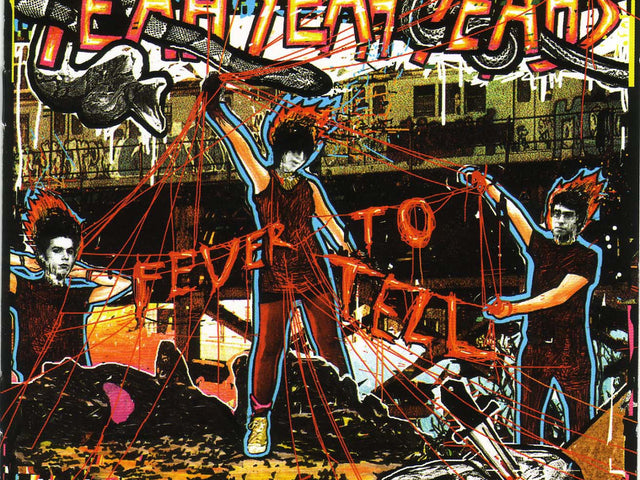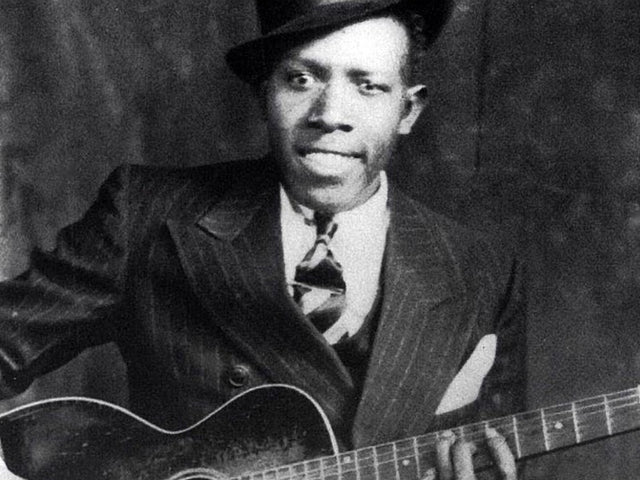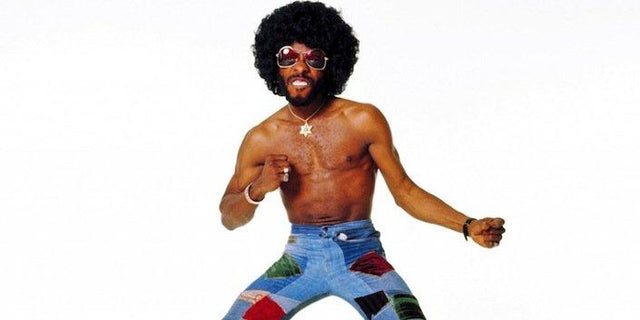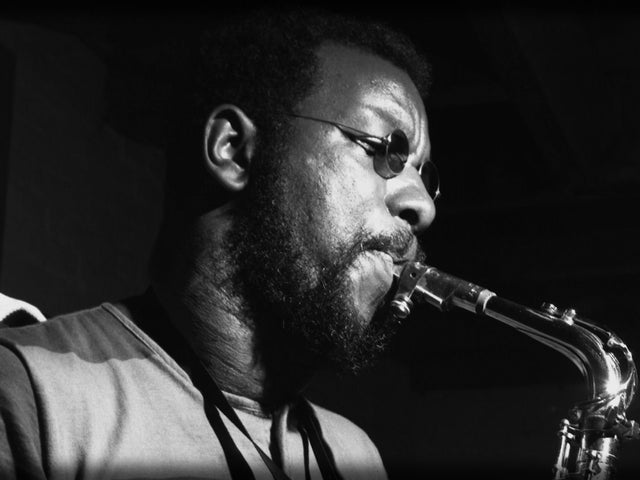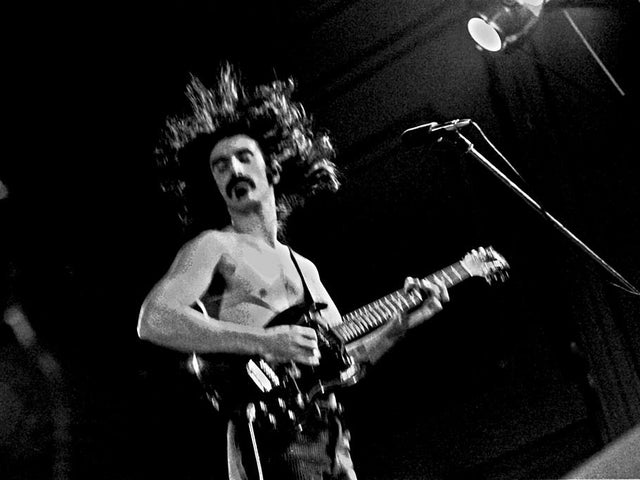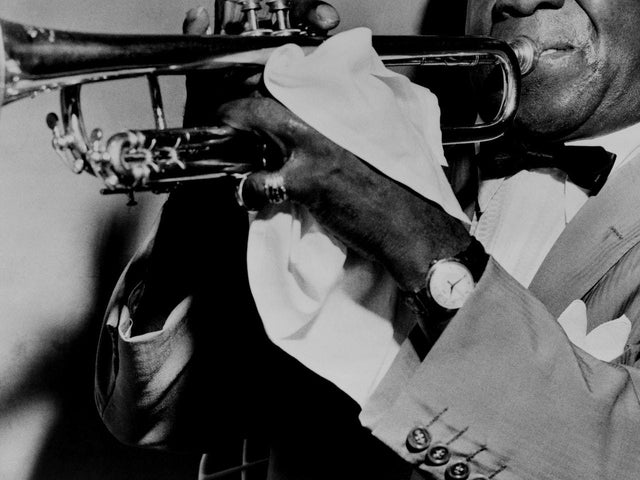The 10 Best Blaxploitation Soundtracks To Own On Vinyl
The Blaxploitation era was the black answer to the exploitation and grindhouse film era that began in the early ’70s. It’s a genre that has passed the test of time due to being one of the early instances in which black actors and actresses got to star and create their own films—allowing these actors to play more than the servitude and slave roles they were often given. Blaxploitation films are not without controversy, as they often depicted characters who were pimps, thieves, hookers and vagrants; the counter to that, however, is that these characters were always the heroes against “The Man” who was trying to bring them down. The Blaxploitation era fostered a movement of black people making their own films and black actors playing more roles, but even more importantly, it led to some of the best music of the time. The soundtracks to these films featured artists such as Curtis Mayfield, Willie Hutch, Isaac Hayes and Marvin Gaye. Blaxploitation soundtracks contained the best music of the era; music that is still influencing and being used in modern music today. For this list, we explore the 10 best Blaxploitation soundtracks and what made them the perfect records they are.

Superfly
Superfly is the essential Blaxploitation soundtrack. Curtis Mayfield’s lush, funky and incredibly recognizable classic is as smooth and cool as the main character of the movie, Youngblood Priest. Mayfield is even featured in the movie’s trailer performing “Pusha Man,” an adrenaline hit of funk riffs with Mayfield’s inconceivably high-pitched crooning. The best kind of movie soundtrack emulates the feeling of the film from beginning to end: Superfly is cool, passionate, elegiac, sexy, violent and full of lessons like an R-rated “special” episode—and Mayfield captures all of these moods perfectly with the precision, soulfulness and groovy orchestration that he became famous for. Not only is the Superfly soundtrack the ultimate Blaxploitation film soundtrack, it is arguably the best Mayfield album.

Shaft
The prevailing joke about Shaft is that for a long time it was the closest thing we had to a black superhero. A no-nonsense vigilante who was envied by men and coveted by the ladies. Also, he had his own theme song: a perfect swirling orchestra that announced him before he even set foot anywhere. Isaac Hayes’ smooth tenor over the soulful symphony of the Shaft theme told you all you needed to know about him in iconic fashion: “Who's the black private dick that's a sex machine to all the chicks?” Shaft! A group of ladies would should with Hayes coolly proclaiming “Ya damn right.” The Shaft soundtrack as a whole is extremely smooth and immeasurably cool. It’s the perfect accompaniment for one of the greatest and coolest characters to ever be on film.

The Mack
Willie Hutch’s soundtrack for a film about the ultimate pimp is a true masterwork. Somber, reflective and lush—Hutch made a soul record that is as much about love and progress as it is about the ills of the drugs, prostitution and plight on display in the movie. It’s music that’s filled with such gravitas and heart-tugging instrumentation that it makes sense why it’s been sampled by so many artists, including Usher, Chance the Rapper and Dr. Dre. Of course, most famously, its popular single “I Choose You” was used by UGK and Outkast for “International Playa’s Anthem”: a truly amazing song that still doesn’t hold a candle to the majesty of the original. The Mack can be contemplative one minute and theatrical the next. The Mack soundtrack was glamorous in its style and just a beautiful-sounding record.

Sweet Sweetback’s Baadasssss Song
Sweet Sweetback’s Baadasssss Song is a crazy film, the most experimental, chaotic and challenging film of the Blaxploitation era. So it only makes sense that its soundtrack be as wild. Full of songs that literally feel like splices of differents songs and genres edited together, the soundtrack also includes clips from the actual film throughout. The soundtrack is perfectly bonkers; it combines gospel, funk and soul in a way that almost seems purposely off-putting but instead sucks you in. It’s religious, passionate, sexual and delicate, sometimes all in one song. “Sweetback’s Theme” and “Hoppin John” are jazzy supper club-type medleys that ease your senses by how traditionally structured and enjoyable they are. Much of the soundtrack, despite its uncanny bouts of chaotic editing and production, is very much focused and engaging. Like the movie, it is layered and there’s always something pushing at the seams but it is never, ever boring.

Trouble Man
Honestly, Trouble Man the film is incredibly forgettable but Marvin Gaye’s 1971 soundtrack for it excels in all the ways the movie could not. It is lush and majestic, full of Gaye’s trademark fusion of jazz and soul instrumentation. Gaye leads a full orchestra on a dour, contemplative, elegant journey of soulful wistfulness. You don’t even hear Gaye sing until the actual title track of the album; much of it is tender piano, sultry horns, synths, bongos and bass that are at times gentle and relaxing, a bit suspenseful and just incredibly erotic and sexy. When Gaye’s voice does show up, it is in its perfect melt-your-heart croon that keeps your heart fluttering and swooning. Trouble Man was during Gaye’s peak, after What’s Going On and it is more than clear what a rare talent he was even without him doing much singing.

Black Caesar
James Brown was made for the Blaxploitation era. He had all the swag, conviction, style and attitude of the typical heros found in these films. Naturally, he made a couple soundtracks for films, but his most famous one was Black Caesar; a chest-puffing, thunderous, exclamation point of a record. The movie almost has to struggle to keep up with the energy of the music scoring it. Brown is full of bravado and passion about coming up and becoming a king in the city of New York. The album’s most famous song of course is “The Boss,” a funky, swaggering announcement of an arrival of a kingpin or at the very least a boxer walking to the ring; it contains Brown’s still borrowed-and-true statement in its chorus, “Paid the cost to be the boss.” No words are truer for a man like Brown—the Black Caesar soundtrack feels less like the soundtrack to a movie than Brown himself making what he thinks would be the perfect soundtrack to his own life.

Across 110th Street
Bobby Womack put on a clinic of uncompromising, powerful soul and irresistible funk. The title track alone, with Womack’s passionate, invigorating voice over luxurious orchestral arrangements, went on to have new life thanks to Quentin Tarantino’s Jackie Brown. The soundtrack also features funk arrangements from J.J. Johnson and His Orchestra, full of ’70s psychedelia and Parliament-lite funk. Across 110th Street is brisk; tender at times and thrilling at others. The movie may not have made much of an impact but Womack’s croon lives on.

Coffy
The soundtrack for Coffy feels like a culmination of the entire Blaxploitation era. It has Curtis Mayfield’s experimentation, Isaac Hayes’ coolness and Willie Hutch’s somber passion and turned it into the perfect vehicle to score Pam Grier’s classic revenge tale. Coffy’s soundtrack ranges from elegant to bubbly to extremely meditative, with the same passion and endearing tone for Coffy that the movie does. Roy Ayers makes the perfect jazz fusion record that is as beautiful and precious as Grier was, but quickly heats up and intensifies just as she did in the movie’s titular role.

Foxy Brown
Foxy Brown may not be Willie Hutch’s greatest contribution to the Blaxploitation soundtrack genre, but it doesn’t miss any of Hutch’s trademark melodic celebration of the film and it’s star character, over smooth, elaborate musical production. It’s a soundtrack full of love, melancholy, excitement and genuine affection—which was always Hutch’s specialty when making these songs. Hutch had the voice to melt hearts and cause your body to move involuntarily; he always had the perfect arrangements and understood what style of music fit the movie. His Foxy Brown soundtrack was just another showcase in how much of a pro he was.

Dolemite
There is no proper word that can be used to describe Rudy Ray Moore, the star of Dolemite and the artist behind its soundtrack. He was swaggering, cocky, irascible, crude and endlessly entertaining. Moore was one of the precursors to hip-hop and rap, and incredibly sure of every word he said. All of these things are found in the Dolemite soundtrack, where Moore sings about the title character in such super heroic ways it would make Shaft seem like just a street punk. Moore sings with bravado, attitude and style that fits in with the pimps and badasses of the day, which I’m sure is what Moore intended with both the soundtrack and the film. The Dolemite soundtrack is full of thundering prose, sexual prowess and raw blues/funk. Moore was a true character and talent, and he brought it out musically as well as on screen.
Israel Daramola is a freelance writer and photographer in Washington, D.C.. He just wants to write about punks and dystopias.
Join the Club!
Join Now, Starting at $44Exclusive 15% Off for Teachers, Students, Military members, Healthcare professionals & First Responders - Get Verified!
